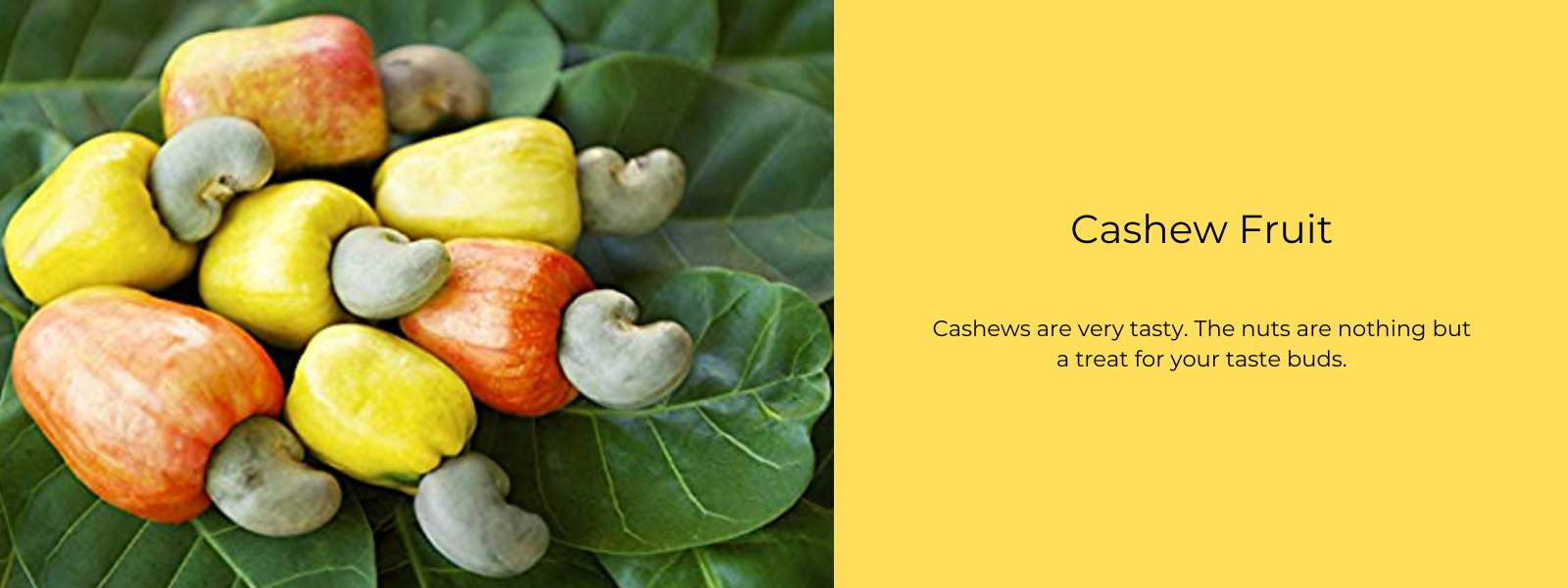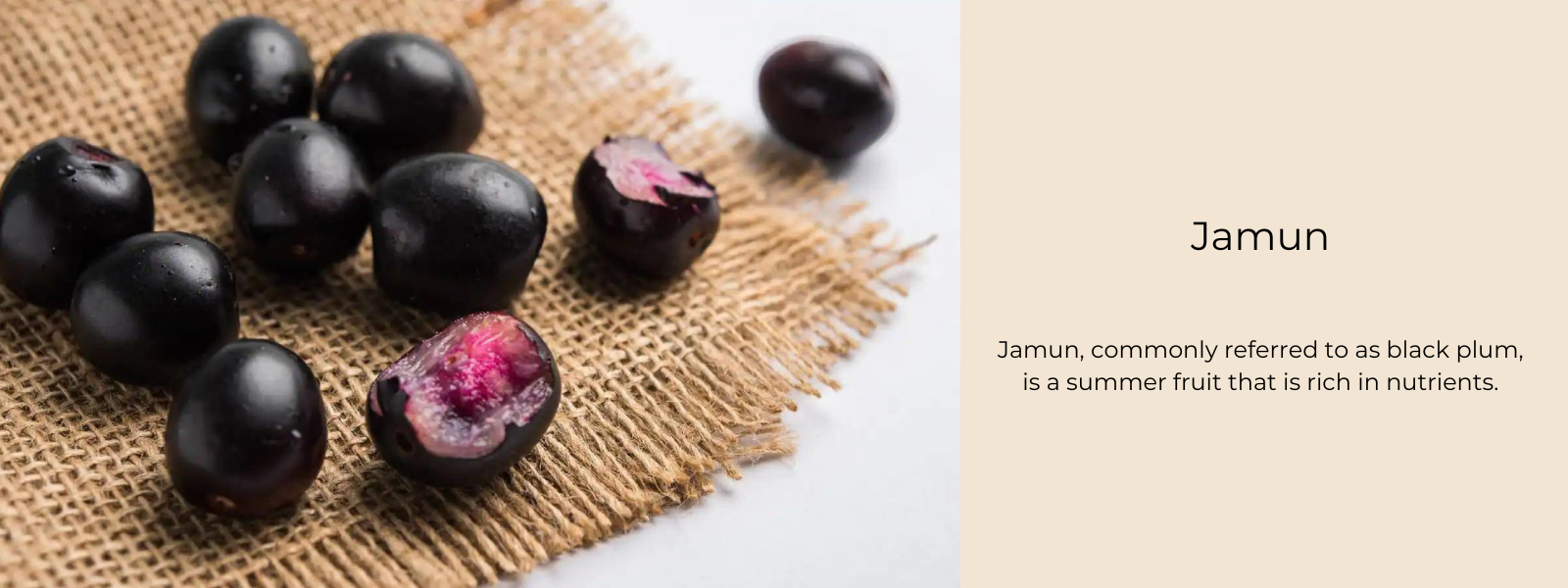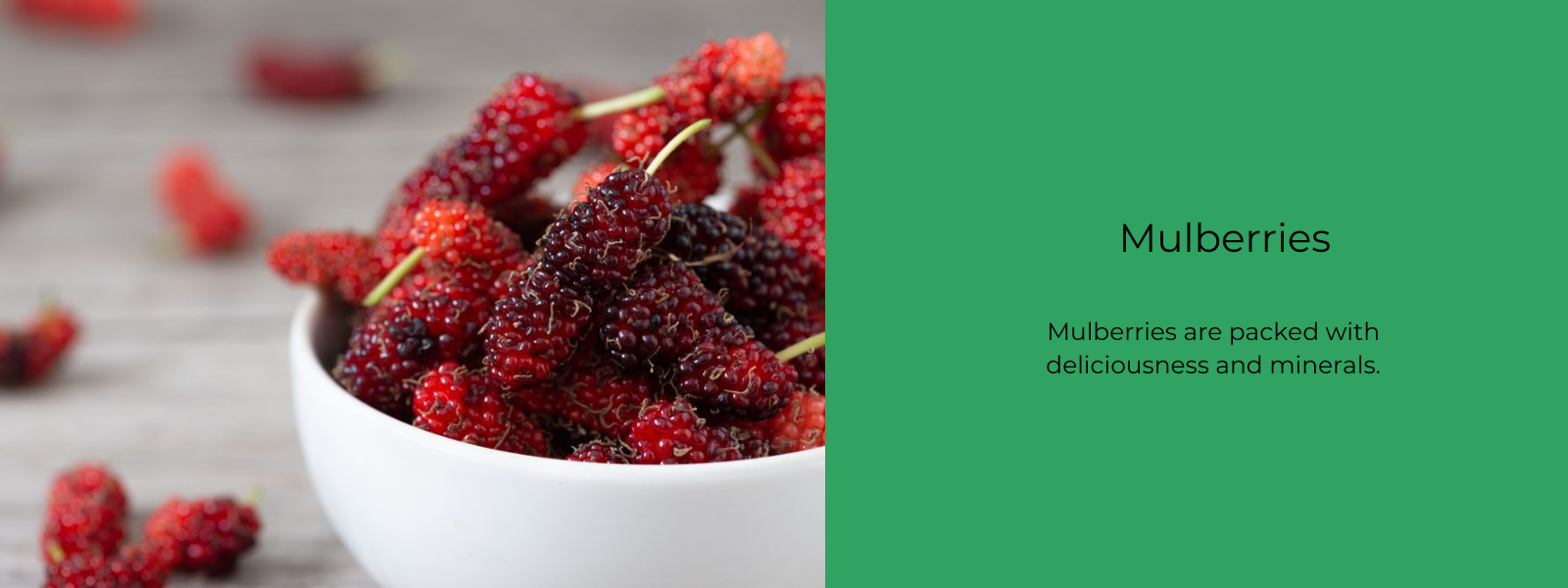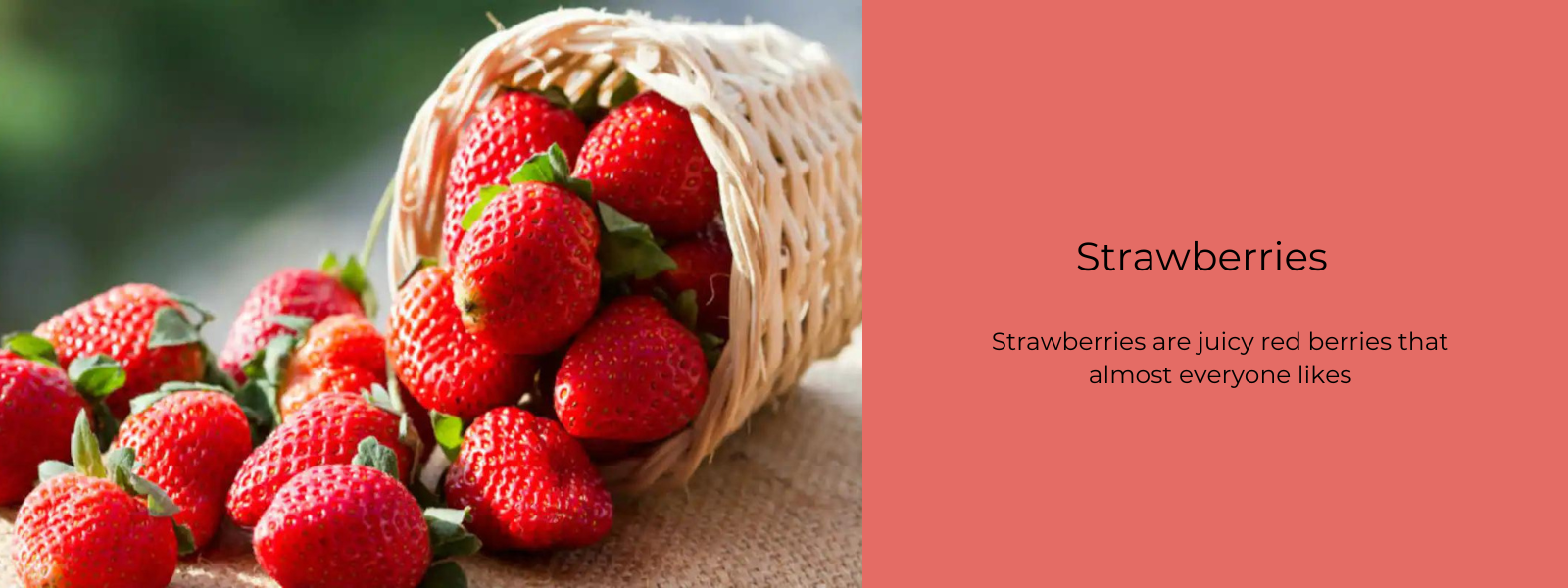Ber or Indian Jujube is a common, tasty, and healthy fruit that is available in the fall and winter. It is a low-calorie fruit that is high in micronutrients like vitamins and minerals but low in macronutrients like protein, fat, and carbs. It has a lot of antioxidants and is a great source of them. In different places, this fruit is called by different names. It is used to treat many different kinds of illnesses in traditional medicine. Ber, also called jujube, grows in many parts of Asia, Australia, and the Mediterranean basin.
Ber comes in different colours. Dried ber is usually dark red or black with a purple tint, while raw ber is green. Jujubes are small fruits that fit in your pocket and are great for your health. These little jujubes are a perfect dose of nutrition. They can help you sleep and keep your gut healthy.
What is ber fruit?
Ber, which is also called Jujube, is a fruit that tastes sweet and sour and is very good for your health. It's a healthy fruit with the scientific name Ziziphus mauritiana. It is a member of the Rhamnaceae family. About 170 plant species belong to the genus Ziziphus. Ziziphus mauritiana is one of these. It is a medium-sized tree that is mostly evergreen but loses its leaves in the dry months.
The trees have simple, round or oval leaves, greenish-white or yellow flowers, and small, round berries or fruits that can be green, yellow, or orange-red.
This plant is native to China, South Asia, and Central Asia, where it has been eaten and used as medicine for a long time. It is now grown all over the world. It grows in the dry and semi-dry parts of India, from the Himalayas to the desert.
Fruit description:
These tiny, round, pitted, chewy berries grow on big, flowering bushes or trees of the Ziziphus jujuba genus. Ber is a juicy fruit with a pleasant smell and white, crunchy flesh. When it's ready, its green, shiny skin turns dark red or purple with wrinkles, making it look old.
Other names of ber fruit:
Indian jujube
Dessert apple in English,
Kul in Bengali
Yolachi in Kannada
Bogori in Assamese
Ber and Beri in Hindi
Bardi and Bora in Marathi, etc
Importance of ber fruit in Ayurveda:
In the ancient Indian science of Ayurveda, ber has been hailed as a good herbal medicine, and the whole plant, along with the fruit, seed, and leaves, has been lauded for its many healing properties. Its berries, which are full of vitamin C and B, stop bleeding, stop polydipsia (too much thirst), and stop burning sensations. Its leaves are often used to treat or reduce fever.
Nutritional value of ber fruit:
Ber is a low-calorie fruit that has a lot of important minerals, vitamins, and antioxidants. This makes it a great choice for a healthy snack. Ber is full of antioxidants like flavonoids, polysaccharides, and triterpenic acids, which help your body get rid of harmful toxins and protect you from long-term diseases like heart disease, diabetes, and cancer. Vitamin C is a strong antioxidant that is found in ber fruit. It is known to boost your immune system, which protects you from getting sick.
Potassium is another compound that is found in large amounts in ber. Potassium helps control how your muscles work and keeps your electrolytes in balance. This super fruit is also good for you because it has 18 of the 24 amino acids that your body needs to grow and develop.
These shiny fruits are also full of sugars that come from nature and give you energy right away.
Health benefits of ber fruit:
Improves Sleep
Traditional medicine has used ber or jujube for a long time to treat insomnia and help people get a good night's sleep. Both the fruit and the seeds have flavonoids, such as saponins and polysaccharides, which are known to make people sleepy and help them fall asleep. Ber has been used for a long time because it makes people sleepy, calms the nervous system, and helps people sleep better.
Aids In Digestion
Ber fruit helps digestion because it has a lot of fibre and carbs. Fiber and carbs help regulate bowel movements and treat constipation by making the stool soft and bulky. Jujube or ber juice may also help build up the lining of the digestive tract, making stomach problems like ulcers and bacterial infections less likely.
Combats Cancer
Ber or jujube, which has a lot of phenolic components, is known to boost antioxidant activity, delay cell damage caused by free radicals, fight oxidative stress, and lower the risk of getting cancer. Studies have shown that ber extract has strong anti-cancer effects that stop tumour cells from growing and slow the spread of cancerous cells.
Helps with pain and inflammation
In traditional medicine, both ber extracts and its seed oil are known to have strong anti-inflammatory effects and are often used to relieve pain in the joints and muscles. It is also the best food for people with arthritis because it helps relieve pain and reduces swelling in the joints.
Immunity Booster
It is known that this tiny fruit, which is full of vitamins A and C, makes the body's immune system work better. The antioxidants in ber are known to stop free radicals from damaging cells, lower the risk of chronic inflammation, lower oxidative stress, and fight harmful pollutants.
Prevents Alzheimer
It is known that the powerful antioxidants in berries make the brain work better. By stopping cells from breaking down, eating ber every day can help cure Alzheimer's. It is also a great addition to the diet of people with dementia because it makes the brain work better and helps people remember things.
Cares About the Heart
Ber is one of the best fruits, and it has natural parts that are good for your heart. Ber has a lot of potassium and not much sodium. This helps control muscle contraction and relaxation, which in turn controls blood pressure.
It takes care of your heart health because it is high in fibre and has strong anti-atherogenic properties that stop fat from building up in your arteries.
Keeps the blood flowing.
The jujube is a great fruit that is full of important minerals like potassium, manganese, phosphorus, iron, and zinc. It raises haemoglobin levels and keeps good blood flow by carrying oxygen-rich blood to important organs.
Can diabetics eat ber fruit?
Since ber has a low glycemic index, it is very good for diabetics. This fruit controls your blood sugar because it has a lot of fibre.
Ber has about 500 milligrams of vitamin C per 100 grams, which is about five times more than other fruits like apples. It has a lot of vitamin C, which is good for diabetics who need to take extra care to avoid heart disease and stroke.
The high amount of vitamin C in jujube is known to boost your body's ability to fight free radicals and reduce complications from diabetes. Also, fat makes digestion slower, which puts more stress on insulin because it has to work harder to break down fats. Low-fat foods are a better choice than high-fat foods because they don't raise insulin levels.











Leave a comment